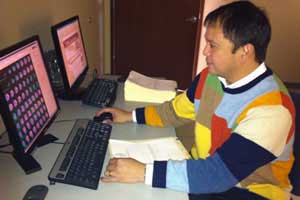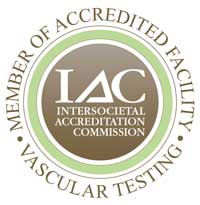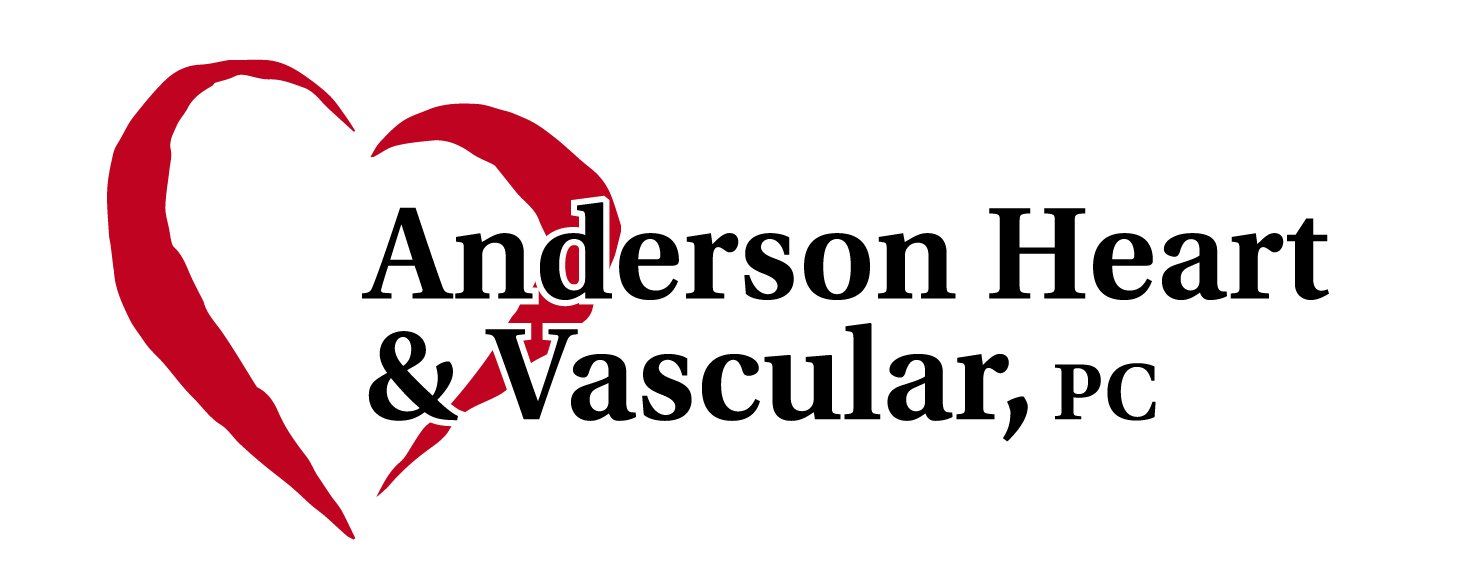Nuclear Stress Test

Nuclear stress tests are done to to determine blood flow to the heart muscle and pump function, therefore detecting the presence of cardiovascular disease and the potential of future heart attacks.
A small amount of radioisotope is injected through a tiny needle that is placed in your arm or hand. The isotope doesn't make you feel any different. This isotope travels through your vein to your heart. Approximately 15 minutes after this injection you will be placed on a table under a nuclear camera to take pictures of your heart at rest. Your arms will be placed over your head while the camera moves across your chest.
You will then be moved to our stress lab for the second portion of your test. This portion requires your heart to be stressed by either walking on a treadmill or with the injection of medication into your vein. The treadmill starts slowly. The speed and the incline are slowly increased until your heart rate reaches a goal number. This number depends on your age. The treadmill can be stopped at anytime if you become overly fatigued. Before you stop exercising a second injection of the nuclear radioisotope is injected.
You will then move to our separate waiting area and given crackers, juice, or water. A second set of pictures are then made.
THIS TEST WILL TAKE APPROXIMATELY FOUR HOURS TO COMPLETE.
DAY OF YOUR TEST:
- You may have a light meal four hours prior to your test. Absolutely no caffeine for 24 hours prior to your test. Please DO NOT take your medications the morning of your test, but bring them with you.
- Wear comfortable clothing and walking shoes. Please no one-piece garments such as full slips, overalls, or dresses.
- In order to keep our equipment running appropriately, temperatures in the building must be a little on the cool side. Please bring a light sweater or jacket with you.
BRING WITH YOU:
- Picture ID
- Current insurance card
- All medications in the original bottles
- Inhalers if you use them
PLEASE NOTE THAT NUCLEAR MEDICATIONS ARE ORDERED SPECIFICALLY FOR YOU FOR THIS TEST. THEREFORE, IT IS VERY IMPORTANT THAT YOU CALL US 24 HOURS IN ADVANCE SHOULD YOU NEED TO RESCHEDULE YOUR APPOINTMENT.
To watch a video:

